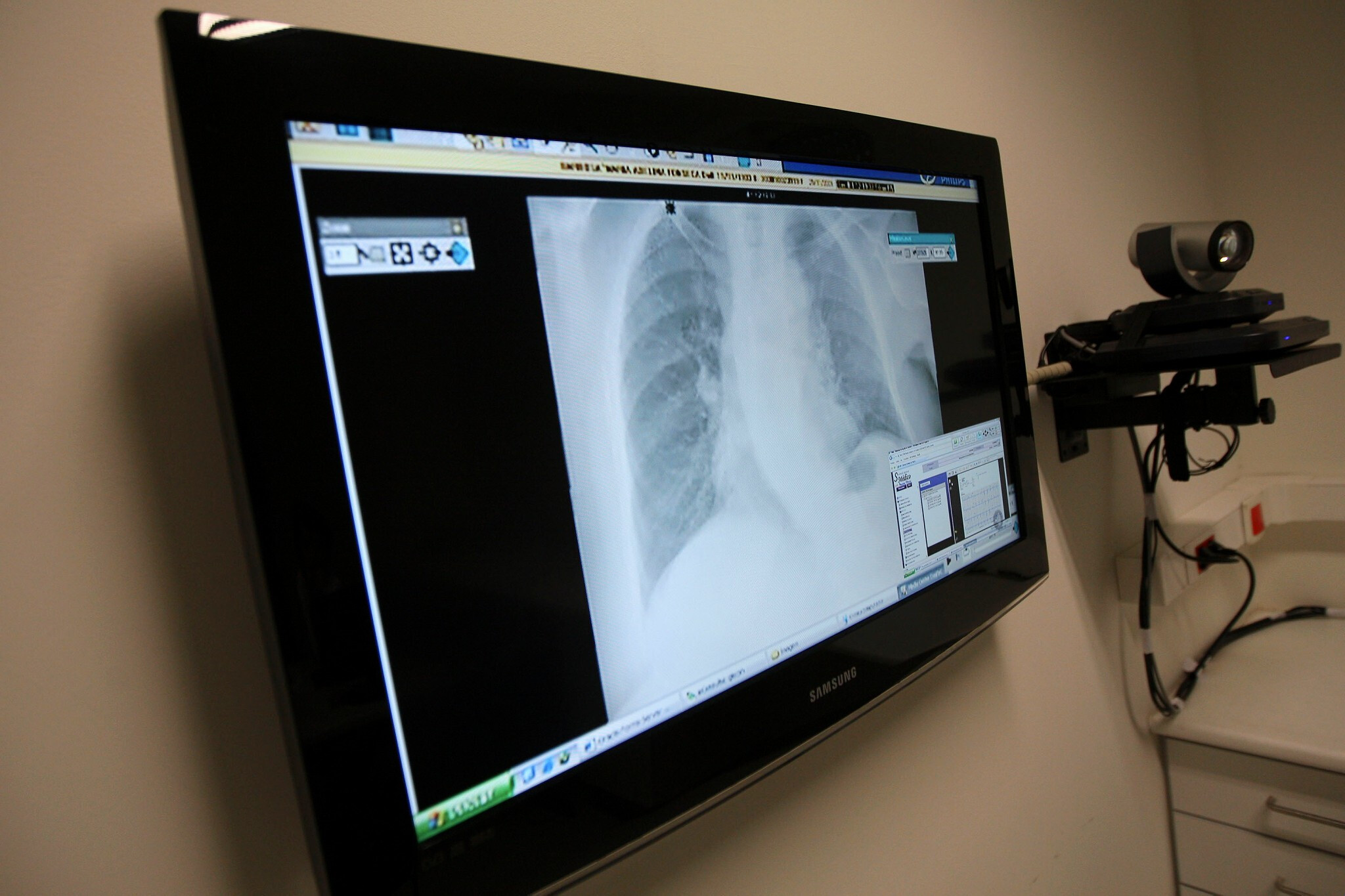The data comes from a study by the Health Regulatory Authority (ERS) on users’ rights during teleconsultations, released today, based on a survey of over 2,500 responses from public health, social and private sectors, which found that “not all organisations (30.1%) monitor compliance with TMRG”.
In practical terms, this means that “the right to access health care in a timely/reasonable manner may be at risk,” the regulator warns.
According to the study, TMRG monitoring was only possible for 70.3% of healthcare institutions in the public sector and 42.9% in the private, social and cooperative sectors that conducted teleconsultations.
The study’s findings also indicate that Some providers do not guarantee user privacy during teleconsultation, with 7.4% of facilities admitting that teleconsultation “was conducted in the presence of other people outside the therapeutic relationship.”
It was also possible to verify that not all providers ensure good lighting and/or acoustic conditions (24.1%) during teleconsultations, “a circumstance that can affect the quality of care as it may affect the visual and auditory perception of the healthcare professional.” Health and the user”, the document states.
Regarding access to clinical information, ERS found that 34.5% of institutions did not record information generated by teleconsultations.
From the responses obtained, ERS indicates that the main advantage of using teleconsultations is the fact that it allows access to users who live far away, but also the possibility of facilitating access to users with greater travel restrictions, due to age or physical limitations.
Regarding the drawbacks, healthcare providers took into account the fact that teleconsultations do not apply to all healthcare, as well as the requirements for the use of technology by the elderly and socially disadvantaged populations.
In the majority of facilities, the use of video calls (61.7%) and telephone calls (50.3%) was mentioned, and it was also noted that a relevant percentage of facilities used email (26.5%), and the use of platforms developed by the Shared Services Entity of the Ministry of Health was also noted.
The World Health Organization (WHO) defines telemedicine as the provision of health care at a distance by professionals, who use information and communication technologies (ICT) to enable prevention, assessment, diagnosis, treatment and rehabilitation.
ERS stresses that teleconsultation, as a form of healthcare provision, should not be treated differently when compared to in-person consultation, “which is why the TMRG set out” in the legislation applies to it.
Furthermore, there were instances where healthcare providers did not comply with “the obligation to obtain informed, free and informed consent (17.1% of institutions),” the document also states, adding that not all health authorities in the units provide informed consent for the user’s clinical examination, “a situation that also requires correction.”
The Regulatory Authority points out that every person has the right to freely choose the entity that provides health care, within the limits of available resources, and that he must be informed of the current and available technical means, as well as the prices or budgets related to the provision of health care.

“Writer. Analyst. Avid travel maven. Devoted twitter guru. Unapologetic pop culture expert. General zombie enthusiast.”

